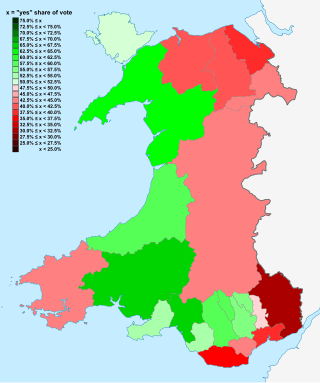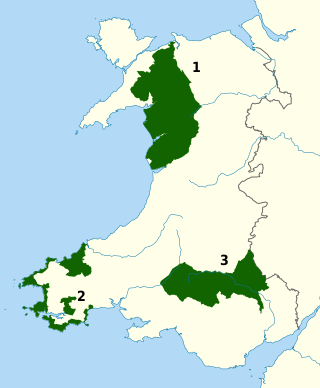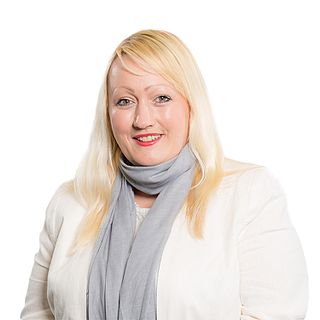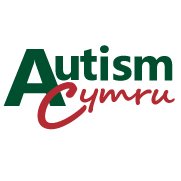The Welsh Local Government Association (WLGA; Welsh : Cymdeithas Llywodraeth Leol Cymru) represents the interests of local authorities in Wales. It is an affiliated member of the Local Government Association of England and Wales and the regional employers organisation.
The Welsh Local Government Association was established in 1996 to represent the interests of local government in Wales. Since 1999 the WLGA has had a specific role in representing local government to the Welsh Government and the Senedd (Welsh Parliament).
Its members are the twenty-two local authorities in Wales. The four police authorities, three fire and rescue authorities, and three national park authorities in Wales are associate members.
The WLGA considers that its primary purposes are to promote better local government and the reputation of local government, and to support local authorities in the development of policies and priorities which will improve public services and democracy. Town and community councils are outside the WLGA's ambit. They are represented by One Voice Wales [1]
Tesco, a multinational supermarket chain, has implemented training for its employees to meet the needs of its customers who are on the autism spectrum, which is estimated to be one of every 100 people in the United Kingdom. Employees use an online training site and respond to a questionnaire to assess the extent to which they became more aware of autism spectrum disorders (ASD). Tesco is the first company to participate in an awareness program led by the Welsh Local Government Association (WLGA). The online training and questionnaire tool is intended to be used by many organizations in Wales to identify and commend businesses that are "ASD Aware". [2] [3] [4]

The Welsh devolution referendum of 1997 was a pre-legislative referendum held in Wales on 18 September 1997 over whether there was support for the creation of a National Assembly for Wales, and therefore a degree of self-government. The referendum was a Labour manifesto commitment and was held in their first term after the 1997 election under the provisions of the Referendums Act 1997. This was the second referendum held in Wales over the question of devolution: the first referendum was held in 1979 and was defeated by a large majority.
The Local Democracy and Boundary Commission for Wales is a Welsh Government sponsored body, responsible for defining borders for local elections and government in Wales.

The national parks of Wales are managed areas of outstanding landscape in Wales, United Kingdom where some forms of development are restricted to preserve the landscape and natural environment. Together, they cover 20% of the land surface of Wales and have a resident population of over 80,000 people. Each National Park Authority is a free-standing body within the local government framework.

The Local Government Association (LGA) is the national membership body for local authorities in England and Wales. Its core membership is made up of 317 English councils and the 22 Welsh councils through the Welsh Local Government Association.

The Sport Wales National Centre is a sports facility in Cardiff, Wales, set up to assist the development of elite athletes in Wales. The Centre, owned and operated by Sport Wales, was established by the then Sports Council for Wales in 1971 as the National Sports Centre for Wales. Renamed the Welsh Institute of Sport in 1994, it has been known as the Sport Wales National Centre since April 2010.

Plaid Cymru originated in 1925 after a meeting held at that year's National Eisteddfod in Pwllheli, Caernarfonshire. Representatives from two Welsh nationalist groups founded the previous year, Byddin Ymreolwyr Cymru and Y Mudiad Cymreig, agreed to meet and discuss the need for a "Welsh party". The party was founded as Plaid Genedlaethol Cymru, the National Party of Wales, and attracted members from the left, right and centre of the political spectrum, including both monarchists and republicans. Its principal aims include the promotion of the Welsh language and the political independence of the Welsh nation.

The Wales national netball team represents Wales in international netball competition. The Welsh Netball Association, the governing body for netball in Wales, is responsible for Welsh squad selection, international matches and for the training and development of players.

Sport Wales is the national organisation responsible for developing and promoting sport and physical activity in Wales. Working alongside partners such as governing bodies of sport and local authorities, they aim to encourage sporting ambitions in the young and promote championship standards nationally.

Sport in Cardiff is dictated by, amongst other things, its position as the capital city of Wales, meaning that national home sporting fixtures are nearly always played in the city. All of Wales' multi-sports agencies and many of the country's sports governing bodies have their headquarters in Cardiff and the city's many top-quality venues have attracted world-famous sport events, sometimes unrelated to Cardiff or to Wales.
Specialisterne is a Danish social innovator company using the characteristics of people with autistic spectrum disorders (ASDs) including autism and Asperger syndrome as competitive advantages in the business market.

Road signs in Wales follow the same design principles as those in other parts of the United Kingdom. All modern signs feature both Welsh- and English-language wording, with Welsh first signage present in some areas of Wales and mandated for all new signs, but some English first signage remains when it was legally allowed before 2016.

The Minister for Local Government is a cabinet position in the Welsh Government which has existed in various forms since the creation of the Welsh Government. The office is currently held by the Minister for Finance Rebecca Evans MS.
Autism-friendly means being aware of social engagement and environmental factors affecting people on the autism spectrum, with modifications to communication methods and physical space to better suit individual's unique and special needs.
Wales Autism Research Centre (WARC) is a research centre within Cardiff University, Wales. Focused on autism research, it collaborates with other university departments, the government and autism advocacy organizations. The center opened on 23 September 2010. Professor Sue Leekam is the Centre director and Cardiff University's Autism Chair.

Autism Cymru was Wales' national charity for autism with offices in Cardiff, Wrexham, and Aberystwyth. The charity was established in May 2001 through an initial 3-year grant provided by The Shirley Foundation. The founder chair of the Trustees was Dame Stephanie Shirley of the Shirley Foundation.